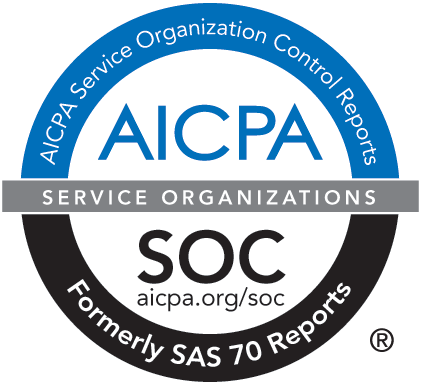New Year, New Legislation, New Giving Opportunities with QCDs
January 12, 2023 - Are you maximizing your charitable giving in retirement? A qualified charitable distribution (QCD) is one way to do just that, and since recent legislation has expanded QCDs, now is a good time to take a fresh look at this unique way to give.
WHAT IS A QCD?
At age 73, individuals must begin taking an annual required minimum distribution (RMD) from their tax-deferred retirement accounts. Required minimum distributions are treated as taxable income to the individual. In 2015, Congress passed the PATH Act, which allows individuals 70 ½ years or older to make a distribution from their retirement account directly to a charitable organization. These distributions, known as qualified charitable distributions (QCDs), are excluded from the donor’s taxable income but may count toward their required minimum distributions. Thus, a QCD offers a tax-advantaged way to maximize your charitable giving during retirement while lowering your adjusted gross income and satisfying the required minimum distribution set by the IRS.
NEW LEGISLATION
The Setting Every Community Up for Retirement Enhancement (SECURE) Act of 2019 altered rules regarding retirement accounts, and the SECURE Act 2.0 that was signed into law at the end of 2022 further revised those rules. For example, the threshold age for RMDs was raised to 73 in 2023 and will become 75 in 2033. The new legislation affects QCDs in the following ways:
- Currently, individuals may distribute up to $100,000 annually from a traditional IRA to charity as a QCD. Under the new legislation, the maximum distribution amount will increase as it is indexed for inflation, beginning in 2024.
- Previously, a QCD had to go directly from the IRA to a qualified charity. Under the new legislation, an individual has a one-time opportunity to use a QCD to fund a Charitable Remainder Trust (CRT) or a Charitable Gift Annuity (CGA). A QCD to establish a CRT or CGA is limited to a maximum of $50,000 (indexed for inflation) and can be broken into smaller distributions, as long as they are all transferred in the same year. If you’re interested in establishing a trust or annuity with a QCD, the HighGround legal team can walk you through the additional rules surrounding this new allowance.
FREQUENTLY ASKED QUESTIONS
When is a donor eligible to make a qualified charitable distribution?
Donors must be 70 ½ or older to be eligible to make a QCD from their IRA.
What enables a gift to qualify as a QCD?
For a gift from an IRA to be a qualified charitable distribution, the funds must be withdrawn from an individual's IRA by the RMD deadline, typically December 31st, and must transfer directly from the IRA to the charity. The funds cannot pass through the donor’s bank account, therefore the IRA custodian must issue a check payable to the charity, not to the individual. As mentioned above, the SECURE Act 2.0 now allows for individuals to use a QCD to establish a CRT or CGA once in their lifetime. In these cases, the funds must transfer directly from the IRA to the new charitable trust or gift annuity.
Can a donor claim a charitable tax deduction for their QCD gift?
No, but QCDs count toward the donor’s required minimum distribution while avoiding the income tax implication of an RMD.
Can donors make a QCD that exceeds their RMD for the year?
Yes, donors may make a QCD in excess of their RMD. However, the excess distribution cannot be carried over to satisfy RMDs in future years. Still, the excess distribution would lower the total amount remaining in the individual’s IRA, which could reduce their RMD amount in future years.
Can a QCD be given to several different charities?
Yes, as long as the QCD is made to qualified charities. The charity must be a 501(c)(3) organization. A distribution to a donor-advised fund or private grant-making foundation does not qualify for treatment as a QCD.
Can a donor receive a personal benefit from a QCD?
No. As with all other charitable contributions, donors may not receive personal benefit (including goods and services) from QCDs.
If you'd like to learn more about maximizing your charitable giving, call our team of expert gift planning attorneys today at 214.978.3300.



